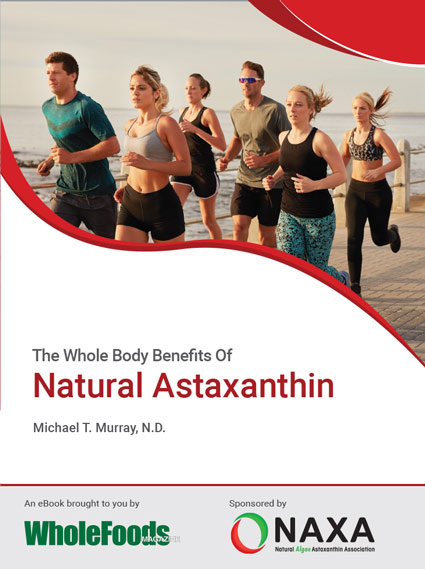
by Dr. Michael Murray | Mar 29, 2017 | Natural Facts, Psychological Health
Introduction: Do you know someone that just seems to exude joy and happiness? It may be in their genes. New data shows that some of us are just wired to be grateful, happy and positive. It is the old argument nature or nurture. But here is the thing, whether you have...

by Dr. Michael Murray | Jan 23, 2017 | Most Recent, Natural Facts
“Astaxanthin is the crowned king of antioxidants,” said Dr. Murray. “It is given this title because of its unique benefits and actions in promoting health and protecting against cellular damage, especially in the brain and vascular system and I’m excited to help...

by Dr. Michael Murray | Nov 22, 2016 | Awareness month, Digestion, Most Recent, Natural Facts
How crazy is it that Americans spend over $2 billion a year on laxatives to deal with constipation? Here is something else to ponder, studies designed to determine the percentage of adults suffering from chronic constipation put the number between 24% to almost 50%....

by Dr. Michael Murray | Jul 9, 2016 | Natural Facts
More than likely you are familiar with gout, an inflammatory arthritis triggered by crystallization of uric acid within the joints. It causes severe pain and swelling. Gout has reached epidemic proportions in the Unites States as it now affects about 10 million...

by Dr. Michael Murray | Apr 10, 2016 | Cancer, Most Recent, Natural Facts
Introduction: Conventional wisdom is that we need to avoid sun exposure in order to avoid skin cancer. However, one of the issues with conventional wisdom is that it is born out of convenience and not critical thinking. With all of the new data emerging on the...

by Dr. Michael Murray | Feb 17, 2016 | Natural Facts
Astaxanthin Introduction There are over 400 different members of the carotene family of pigments in nature. Historically, the potency of a carotene in improving human health was based on its ability to be converted to vitamin A. For example, beta-carotene, the pigment...









